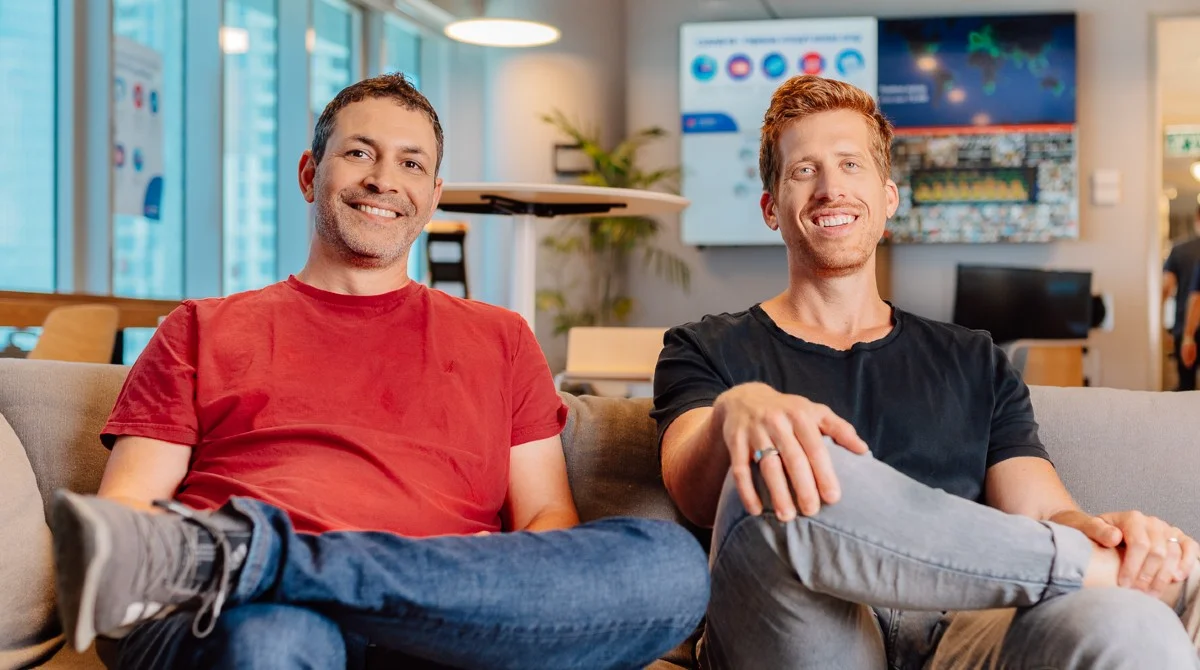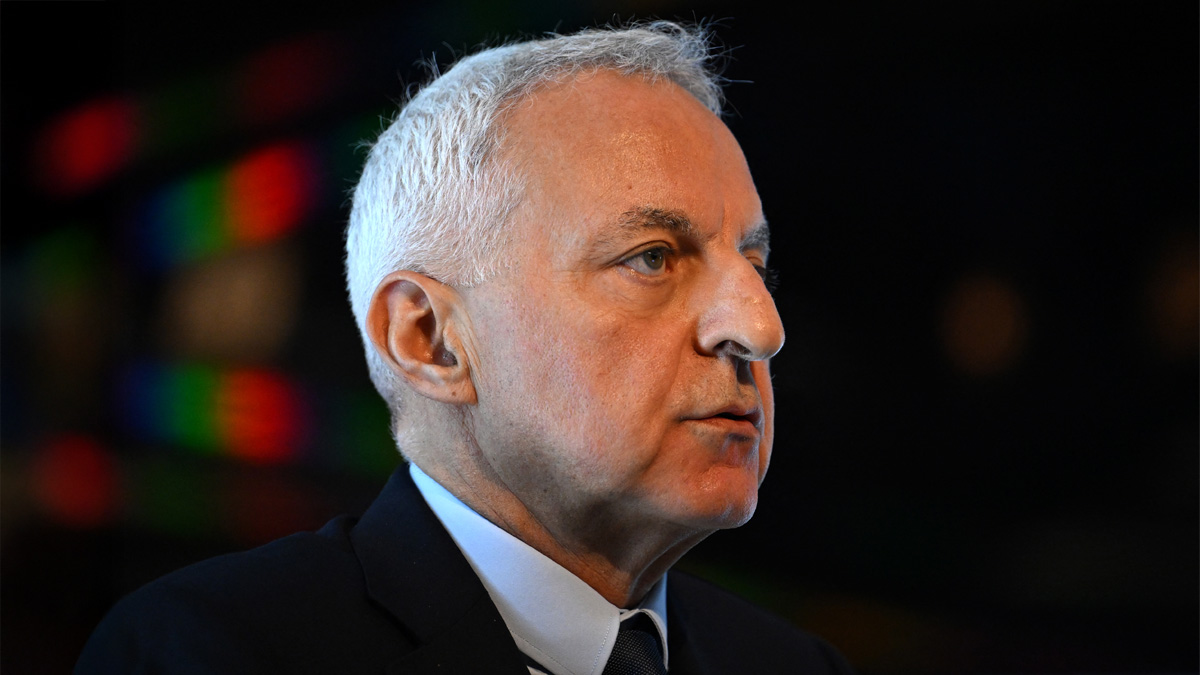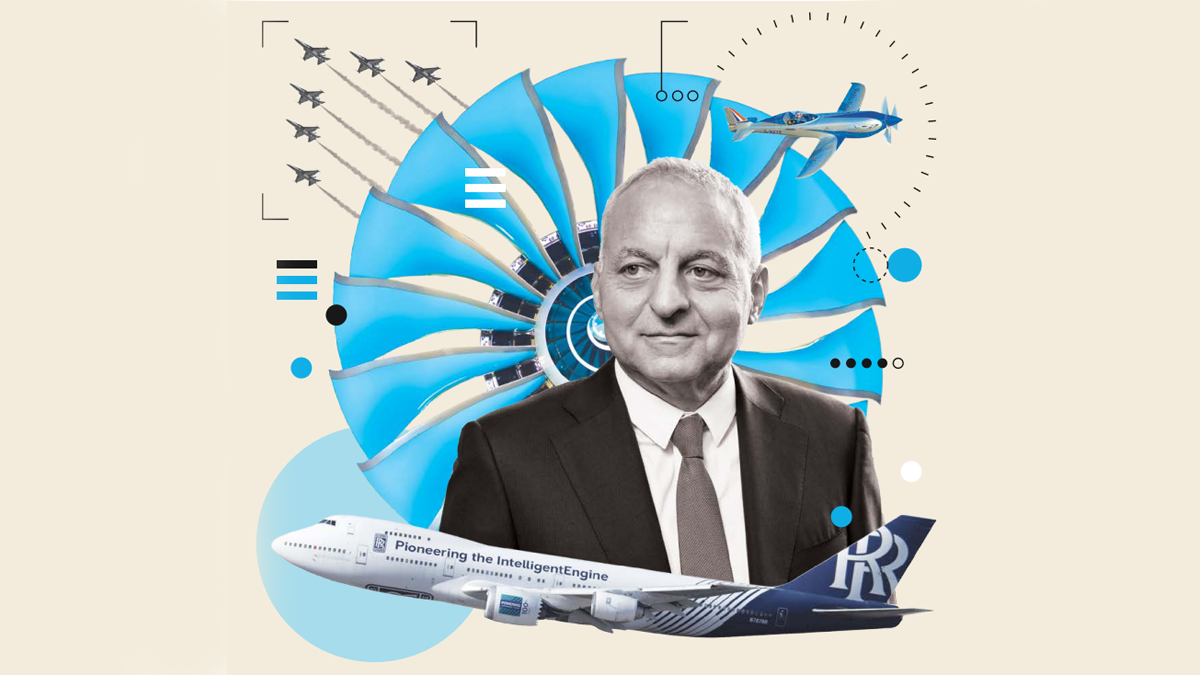Monday.com is a cloud-based platform that lets companies build their own work and project management tools. This approach is often referred to as 'low code, no code'. It gives teams the flexibility to build their own apps and control workflows, for example.
When Monday.com went public in the US on Nasdaq in 2021 it was valued at $6.8bn (£5.2bn). This month that valuation rose above $14bn, cementing its reputation as another Israeli tech success story.
It now has more than a quarter of a million customers in over 200 countries. Around 27 per cent of its global revenues come from Europe. The UK is its second-largest market in terms of annual recurring revenue (ARR) from subscriptions. The firm employs more than 2,000 people.

Zinman and his leadership team have been inspired by the mantra common in Silicon Valley that you need to "fail fast" to find success. "People need to fail often in order to learn quickly," explains Zinman.
This appreciation and acceptance of failure starts at the top. Zinman says he welcomes being directly challenged in meetings by colleagues who "know better than us".
"I love it, that's part of the Monday culture," says Zinman, with a smile.
The company also believes in transparency with employees. It provides an app for staff called Monday Morning, which updates everyone daily on the key company financials.
It has also been transparent about its level of ambition from the outset. For many years, its office in Tel Aviv has had a digital sign that charts its revenue growth, with $1bn marked as a large target.
It hit that target in ARR from global subscribers this August.
You can listen to our podcast episode with Zinman here:
Related and recommended

Many argue the five-day week is no longer fit for purpose, but can a four-day week really work for businesses?

From Rolls-Royce to Marks & Spencer, these CEOs show how decisive leadership can transform Britain’s biggest companies

Rolls-Royce is one of the most famous names in British business, but its financial performance has rarely matched its reputation. Until now. Tufan Erginbilgiç is our CEO of the Year

Years of decline have hollowed out London’s listing market, but founders, banks and ministers are quietly pushing for a revival

